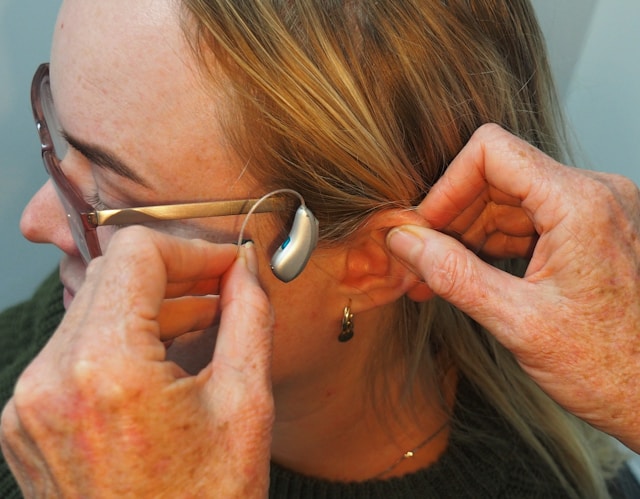Everyone deserves to work in a safe environment. Some industries are more dangerous than others, but employers still need to make their best efforts to keep workers safe. That is why WISHA, or the Washington State Industrial Safety and Health Act, exists. If you got hurt at work and you believe that it was because these standards were not met, a Snohomish County maritime injury lawyer from our firm might be able to help you.
What is the Role of WISHA?
WISHA is there to keep every workplace in the state as safe as possible. Even industries that have a reputation for danger, like the maritime sector, need to make every effort to protect workers. The nature of the work being dangerous is not an excuse for companies or bosses that do not try their best to meet state standards.
There are many workplace safety rules to follow. Rules can concern any of the following:
- Fall protection
- Accident prevention
- Chemical hazards
- Personal protective equipment
- First aid training and preparation
- Ladder safety
- Electricity
- Hearing loss prevention
WISHA also provides online safety training and other resources that can help employers stay current with the latest safety rules and initiatives.
What is the Difference Between WISHA and OSHA?
OSHA, also known as the Occupational Safety and Health Administration, is a nationwide organization. WISHA is limited to Washington. They have similar roles in that both are concerned with the safety of workplaces. However, WISHA can set some higher standards or different rules than OSHA when it wants to. That’s why employers must stay current with both national and state regulations.
Can I Report Safety Hazards?
The state can carry out inspections to look for rule violations, but they can also be encouraged to look for problems when employees report a problem with their workplace. You can tell the state about any safety violations that you see without worrying that your employer will retaliate against you. Punishing an employee who just wants a safer work environment can land an employer in legal trouble.
What Happens If I Get Hurt at Work Anyway?
Workers can still get injured even when the highest standards are adhered to. If you get injured, report your injuries to your employer right away. This should trigger the notification of their insurance provider. If you work in the maritime industry, you may have to apply for benefits through the Longshore and Harbor Workers’ Compensation Act, also known as the LHWCA, or the Jones Act. Our lawyers can help you figure out which option is right for you.
Schedule a Consultation
If you were hurt at work, you may have legal options. Contact Amy C Brown Law, PLLC and ask to schedule a consultation. Every case is different, so we will take a look at your unique circumstances and help you figure out your next steps.




